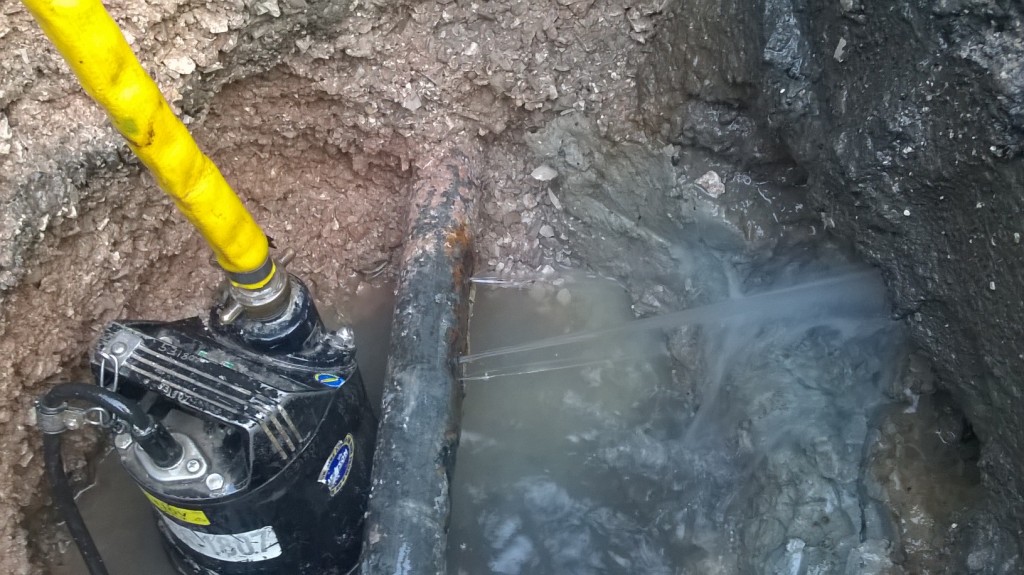News
Ofwat Urges Companies To Prioritise Water Leak Detection
UK water regulator Ofwat has called on water companies around the country to focus on water leak detection in the future and set ambitious commitments with their customers.
The challenge for suppliers is to save up to 170 billion litres of water each year by targeting leaks and water lost through leaking pipes. This water could be then saved to meet the needs of 3.1 million people – everyone in the cities of Birmingham, Manchester, Leeds, Cardiff and Liverpool combined.
In order to achieve these commitments, firms will have to come up with new ways of detecting and reducing these leaks, while ensuring that their infrastructure is kept in good condition.
David Black, Ofwat senior director, commented: “Given the costs involved in treating water, these leaking pipes are money down the drain. Customers feel strongly about stopping leaks and while the sector has made progress, there is a lot more companies could and should do. That’s why we’re pushing each water company to really stretch themselves and get their leakage levels down.”
Of course, it can be very difficult to identify leaks and where they’re coming from, mostly because the majority of leaks are either so small that they’re hardly noticeable or because they’re hidden away below ground. Over time, however, the smallest trickle of water can become a big problem for your business, risking huge repair bills for water damage and escalating water bills because of wastage.
There are numerous reasons why water leaks occur, whether it’s erosion, age or general deterioration, heavy vibration from traffic, damage from animals, accidental damage as a result of work going around the pipes, or poor connection of joints and valves.
How expensive your water leak proves to be will depend on how soon it is detected. If you find it immediately, the damage will be minimal so your repair bills won’t be too astronomical. However, if left for a significant amount of time, structural damage can occur and your costs will likely be higher.
You may have to pay out, for example, for the removal of fungal growth, replacing rotten wooden structures and furnishings, redecorating after the repair work has been carried out and removing and replacing any stone or brickwork that has been left saturated by damp.
And let’s not forget about your water bills. A lot of the time, companies will begin to suspect that a leak may be happening because their bills are suddenly a lot higher. The majority of commercial water use is metered, so bills and costs are determined by how much water is used. A leak can lead to a huge amount of wastage, so you’ll see your bills climb.
Common warning signs of a leak include bad smells near drains or coming up through the floor, a permanently leaking toilet, cracks or spots on the walls, peeling paintwork, a sound of dripping or running water, or damp and darker patches on the walls and ceilings. Detecting these leaks can be incredibly tricky so you do need qualified professionals to come in and deal with this specialist task on your behalf.
Just call H20 Building Services for water leak detection on 01924 387 873 or email info@h2obuildingservices.co.uk
